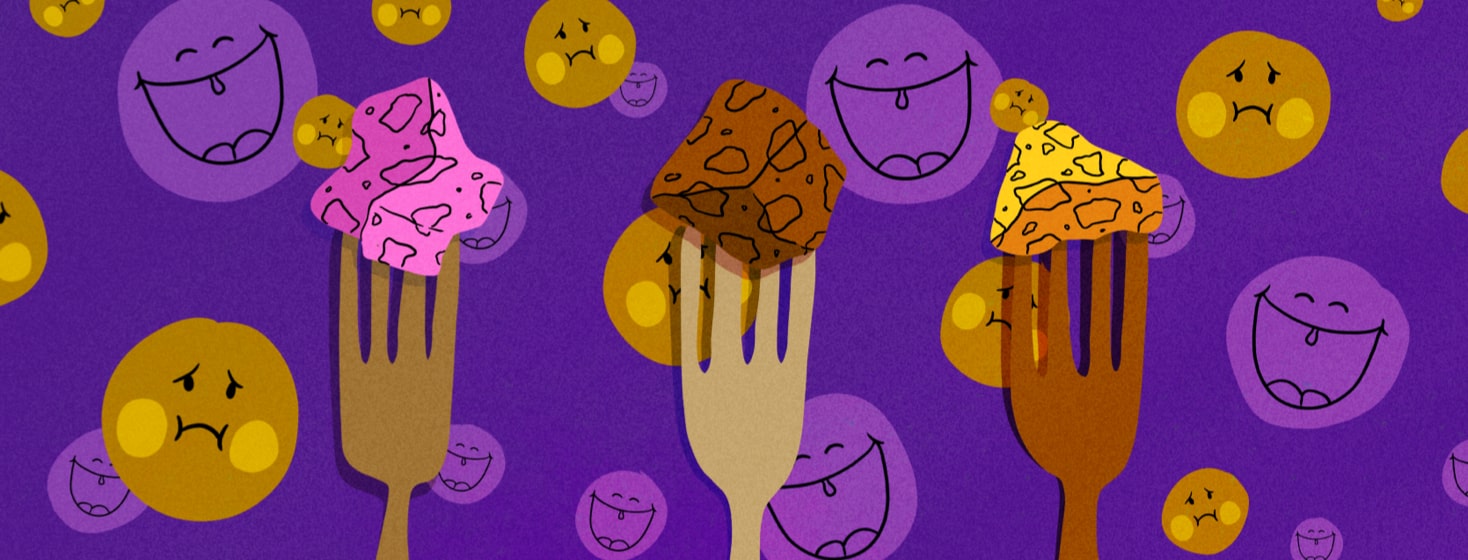How Medical Nutrition Therapy May Help Fight Cancer
Diet and nutrition are hot topics lately. If you are on social media, you are likely scrolling past lots of articles on the newest studies about how food can affect health. Newspapers, magazines, and even the evening news report on the latest information around nutrition.
But often, it feels like studies about the effects of diet and nutrition contradict each other. This can be very confusing, especially for people who have had a cancer diagnosis.
Nutrition during bladder cancer treatment
If you have bladder cancer, you may be undergoing chemotherapy. Some of the most common side effects of chemotherapy are nausea and vomiting. And many types of chemotherapy can make food taste different, even bad. This can lead people in cancer treatment to have poor nutrition, weight loss, and decreased energy.1
Many cancer centers have a nutritionist or registered dietitian on staff. Ask your oncologist to set up an appointment with the nutrition team. With medical nutrition therapy, they can help you find the best ways to eat and stay healthy during your treatment.
Special diets for people with bladder cancer
The ideal diet and nutrition for bladder cancer may not be the same as the ideal diet and nutrition when you are healthy. You may need to eat foods that are higher in good fats, calories, or protein than you normally do. There are a few specific diets that are often recommended for people going through cancer treatment.1
Mediterranean diet
One special diet that may be recommended for you is the Mediterranean diet. This diet is based on eating practices that are common in countries that border the Mediterranean Sea, such as Italy, Spain, and Greece. On the Mediterranean diet, you eat mostly:2
- Fiber
- Fruits and vegetables
- Olive oil
- Whole grains
- Nuts
The Mediterranean diet limits red meat, but it allows fish, dairy, and wine in sensible amounts.2
This diet is low in cholesterol and has lots of antioxidants and anti-inflammatory properties. Antioxidants protect cells from being damaged by unstable molecules called free radicals. In some studies, the Mediterranean diet has seemed to help prevent bladder cancer in the people who follow it. But it may not reduce cancer deaths or relapses.2,3
Ketogenic diet
Another popular diet you may have heard of is the ketogenic (keto) diet. The ketogenic diet is high in fats and low in carbohydrates. It was originally developed to treat people with a form of epilepsy that did not respond to other treatments.4
The ketogenic diet works by fooling your body into thinking that it is not eating (known as fasting). This causes your liver to create compounds called ketones. Your body then uses these ketones instead of sugar for energy.4
Some studies have shown evidence that a ketogenic diet may make your body a hostile environment for cancer. But none of these studies have been repeated in large groups of people. They need to be repeated on a large scale to show a clear link to cancer benefits.4
How do diet and nutrition affect bladder cancer?
During cancer treatment, getting good nutrition is important. But good nutrition may look different for different people. There is evidence that food can be a tool in fighting cancer, but it should be used along with other treatments that your doctor recommends. Nutrition should not be the only way you try to treat your cancer.1
Speak with your doctor or dietitian before starting any new diets. It is always best to try to eat a balanced diet that is high in fruits, veggies, whole grains, and lean proteins. But eat what you can while you can during treatment without judging yourself harshly.1

Join the conversation